Choosing a Care Provider
Choosing a Care Provider
It’s hard enough coming to terms with the fact that you or your loved one may need assistance. Then comes the task of finding the right person or provider to help deliver care. The choices you make now could have a dramatic effect on how things are handled — if and when an emergency situation arises. So we thought it would be helpful to give you some guidance and criteria to consider when faced with choosing a home-based nurse or care provider.
Don’t phone it in.
Hopefully, you have a little time to get things in order, and meet some provider candidates. Meeting care providers face-to-face can prove very informative about their attitude, passion and expertise.
Take notes.
You may be making this decision under some emotional duress — a moment where you may not remember everything you want to ask, nor remember the answers. Make sure you have your list of questions, and room to write down some answers.
Get recommendations.
Good care providers know other good care providers. So, when possible, ask your doctors for recommendations for RN services and home care coordination. If that’s not possible ahead of time, when you do speak to a potential care provider, ask them for professional references. Aegis Care Advisors has earned the respect of local healthcare professionals who have seen first-hand how their patients’ lives have been improved and enriched by partnering with an Aegis Care Advisor. We’re happy to share our references with you and your family.
Recommendations can also come from trusted friends and family. Aegis has often earned a new client in this manner. Real-life anecdotes of care and professional performance can be very helpful in identifying a qualified care advisor.
A passion for service to others.
There’s a difference between a person who just gets a job done, and someone who radiates energy and enthusiasm while doing the work they love. Aegis Care Advisors screens every one of our nurses and other care providers to ensure they have, not just the expertise, but the empathy needed to help our clients. When you meet or speak to a care provider, look for cues as to their interest, enthusiasm and compassion.
Years of experience in providing healthcare.
If you’ve been in a hospital for even a few hours, you can tell the experienced nurses from the newer ones. It’s an important factor to Aegis as well. In fact, we look for a minimum of ten years working experience for our RN candidates. That’s not just thousands of hours of bed baths and dispensing medication, that’s time-honed skills in care transitioning, advocacy, education and communicating with family members. Make sure you ask your care provider how many years experience their designated RN has earned on the job.
Management of multiple chronic conditions.
With the onset of older adulthood, many people face co-occurring conditions like diabetes, depression, Alzheimer’s disease, heart disease, pulmonary disease, obesity, and a decline in mobility. Treatment of co-occurring conditions can be much more challenging than the treatment of any one condition in isolation. Medications need to be coordinated, as do doctors visits, and often, hospital admissions. That complexity of care requires a professional that knows how to communicate and coordinate care effectively with family and medical professionals, which in turn helps prevent complications. Ask your care provider candidate about their experiences caring for patients with multiple chronic conditions.
Thoroughness of initial health assessment.
It’s going to be difficult for most people to assess the ‘completeness’ of an assessment from a medical perspective. But when you meet with a care provider for the first time, see how many questions they ask about you, the person — not you, the patient. You may think we are crazy during the initial intake, but we really do want to know whether you like grilled cheese or peanut butter and jelly! That’s because when you are hungry, and you are too tired to think or talk about it, you will feel cared for and loved if someone just goes ahead and prepares for you the thing that you like best.
Ability to communicate with family (local and distant)
If and when things go wrong, you want a care partner who’s articulate and patient, not just with the client, but with the family as well. Ask your potential care provider how they accommodate family communications. Do they text? Skype? FaceTime? At Aegis Care Advisors, we ensure our team members take the time to send a text or get on a conference call with the whole family, if needed, and explain the situation and the care plan.
Emergency planning and communication.
It’s hard to evaluate someone’s ability to perform well in an emergency situation. But it’s reasonable to ask care providers to talk about different emergencies that they’ve been through and how/when they were able to communicate with the family as events unfolded. It’s also important during this conversation for the care provider to ask what YOUR wishes are during these unexpected situations. At Aegis Care Advisors, we help clients anticipate potential areas of concern where emergency needs might arise, and prepares a carefully crafted plan to address how difficulties might be managed and result in a positive outcome. The result: peace of mind.
To learn more, please call Aegis Care Advisors at (919) 442-5252.

